5 Bad Habits That Might Increase The Chance Of Skin Infection
By: Priyanka Maheshwari Sat, 05 Aug 2023 6:38:32
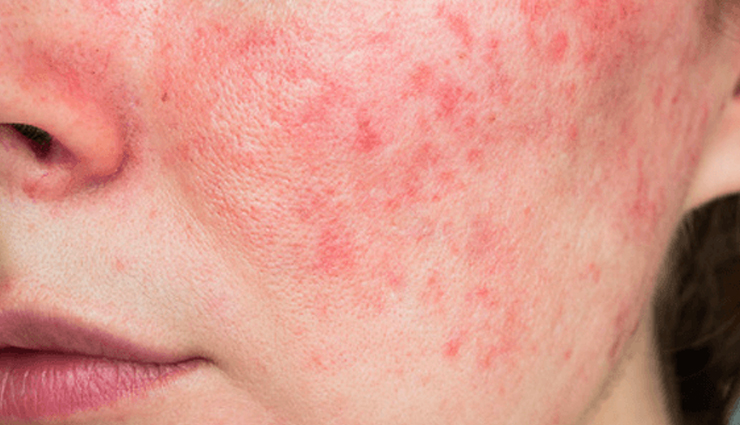
Our skin, the largest organ of our body, is a remarkable protector and communicator. It shields us from the external world while offering glimpses into our internal well-being. However, despite its resilience, our skin is not invincible, and certain habits can compromise its health, potentially leading to skin infections. In a world bustling with pollutants and stressors, it's crucial to recognize the impact of our daily choices on our skin's vulnerability. This article sheds light on some common but often overlooked bad habits that have the potential to increase the likelihood of skin infections. By understanding these habits and their consequences, we can empower ourselves to make informed decisions and cultivate practices that promote the well-being and radiance of our skin.
Common types of skin infections include:
- Bacterial Infections: These can include impetigo, cellulitis, and folliculitis. Impetigo is a highly contagious bacterial infection that causes red sores around the mouth and nose. Cellulitis is a deeper skin infection that results in redness, swelling, and warmth in the affected area. Folliculitis is an infection of the hair follicles, often causing small, red bumps or pustules.
- Viral Infections: Viral infections like herpes simplex virus (HSV) can cause cold sores or genital herpes. Warts, caused by the human papillomavirus (HPV), are also common viral skin infections.
- Fungal Infections: These are caused by various types of fungi and can lead to conditions like athlete's foot (tinea pedis), ringworm (tinea corporis), and fungal nail infections. Candidiasis is another fungal infection caused by the Candida yeast and can affect areas like the mouth (oral thrush) or genital area (yeast infection).
- Parasitic Infections: Scabies and lice are examples of parasitic skin infections. Scabies is caused by tiny mites that burrow into the skin, causing intense itching and a rash. Lice infestations involve tiny insects that attach to hair and feed on blood from the scalp.
- Skin Abscesses: These are localized collections of pus that result from bacterial infections. They often appear as swollen, painful lumps filled with pus.
- Fungal Nail Infections: Also known as onychomycosis, these infections affect the toenails or fingernails, causing them to become thickened, discolored, and brittle.
- Eczema and Psoriasis: While not infections, eczema and psoriasis are chronic inflammatory skin conditions that can create an environment conducive to infections due to compromised skin barriers.
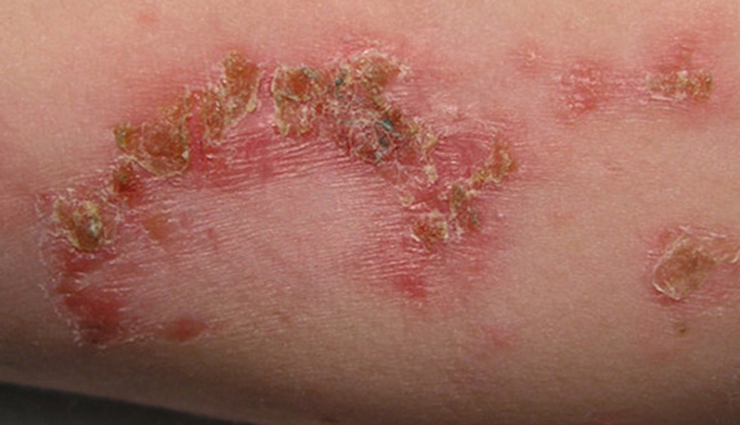
Prevention and treatment of skin infections depend on the specific type of infection:
- Bacterial infections are often treated with antibiotics.
- Antiviral medications are used to manage viral infections.
- Fungal infections are treated with antifungal creams, ointments, or oral medications.
- Parasitic infections like scabies require medications to kill the parasites.
- Keeping the skin clean and dry, practicing good hygiene, avoiding sharing personal items, and using protective measures can help prevent many skin infections.
It's important to consult a medical professional for accurate diagnosis and treatment if you suspect a skin infection, as proper care can prevent complications and ensure a swift recovery.
Bad Habits That Increases The Risk Of Skin Infection
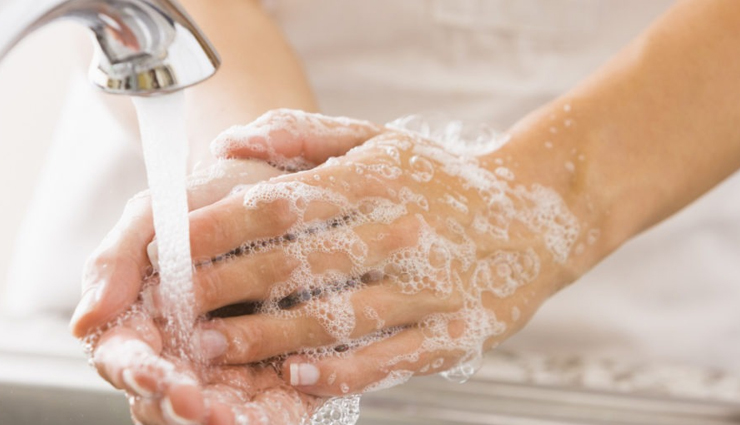
# Poor Hand Hygiene
Failing to consistently and properly wash your hands can result in the buildup of detrimental bacteria and viruses on your skin. If you touch surfaces that are contaminated and subsequently come into contact with your face or other areas of your body, you may introduce these harmful microorganisms into your system, potentially giving rise to skin infections.
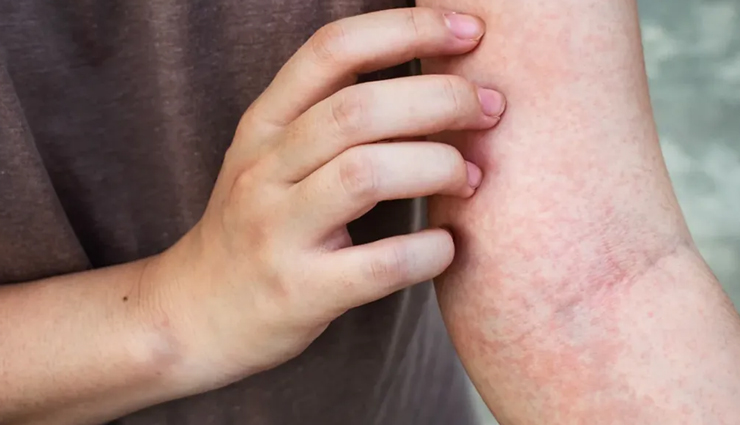
# Picking or Scratching
While itchiness can indeed be exasperating, the act of incessantly scratching or meddling with the skin can compromise its defensive shield, rendering it open to infections. Moreover, scratching has the potential to introduce bacteria beneath the skin's outer layer, consequently giving rise to conditions such as cellulitis or impetigo.
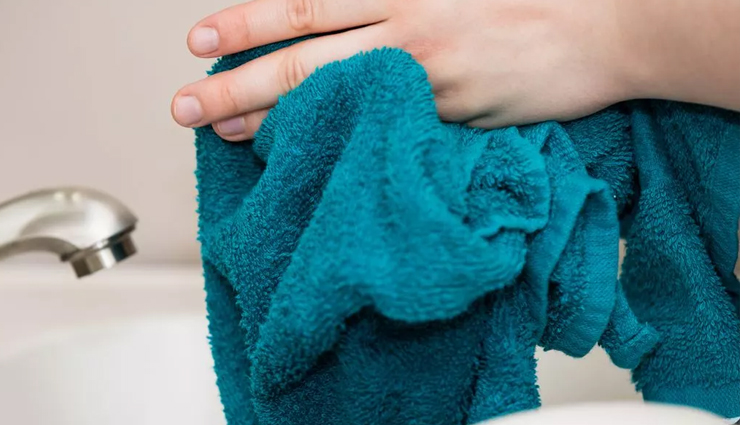
# Sharing Personal Items
Transferring bacteria and fungi between people can occur when personal items like towels, razors, cosmetics, or clothes are shared. To minimize the chance of developing skin infections, it's advisable to refrain from sharing such items.

# Wearing Dirty Clothes
Donning clothing that hasn't been cleaned or is dirty can result in the accumulation of bacteria, sweat, and dead skin cells on the material. This situation fosters a favorable setting for the emergence of skin infections.
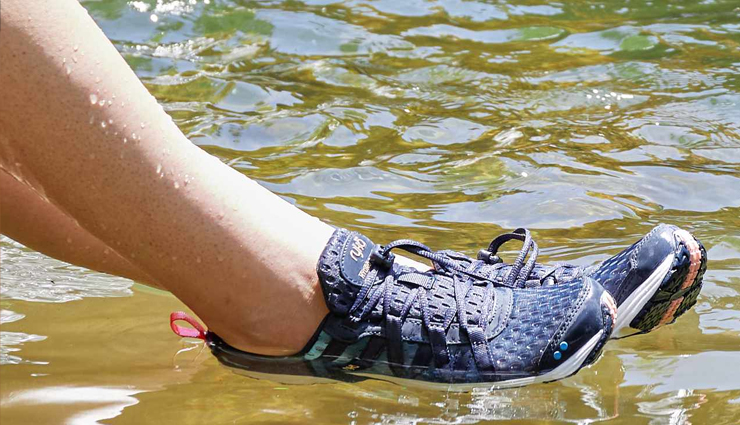
# Ignoring Moisture
Extended contact with moisture, like wearing damp clothes or wet footwear for an extended period, can foster the ideal environment for the proliferation of bacteria and fungi. Under such conditions, fungal infections such as athlete's foot and bacterial infections like folliculitis can flourish.
Guarding against skin infections requires the adoption of positive practices to uphold skin well-being. Engaging in consistent handwashing with soap and water, refraining from picking or scratching the skin, and using personal belongings exclusively can lower vulnerability. Additionally, maintaining clean and dry attire is essential to thwart the growth of detrimental microorganisms.





